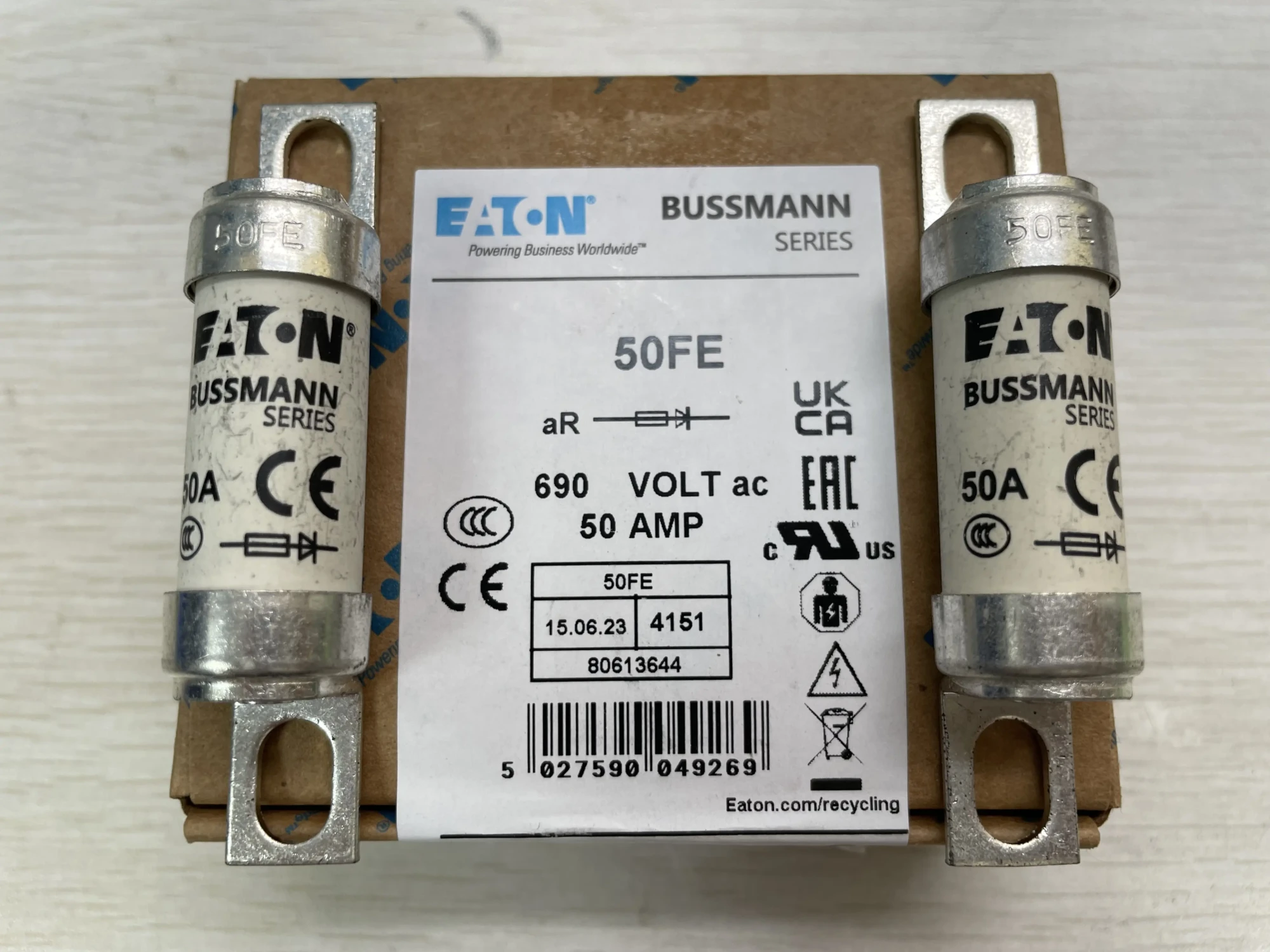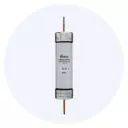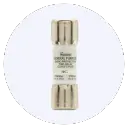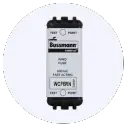Blog
Eaton-Bussmann Fuse Testing Principles Explained

Eaton-Bussmann is a leading provider of circuit protection solutions, and their fuse testing principles are a crucial aspect of ensuring the reliability and safety of electrical systems. In this article, we will delve into the world of Eaton-Bussmann fuse testing principles, exploring their product parameters, specifications, uses, and precautions.
Introduction to Eaton-Bussmann Fuse Testing Principles
Eaton-Bussmann’s fuse testing principles are designed to provide a comprehensive approach to testing and validating the performance of fuses in various applications. Their testing principles are based on industry standards and guidelines, ensuring that their fuses meet the required specifications and regulations. The company’s testing principles are divided into several categories, including:
- Overcurrent Protection: This testing principle is designed to evaluate the fuse’s ability to interrupt currents that exceed the rated current. Eaton-Bussmann’s overcurrent protection testing principles ensure that their fuses can withstand and interrupt high currents, preventing damage to electrical systems.
- Overvoltage Protection: This testing principle is designed to evaluate the fuse’s ability to withstand and interrupt high voltages. Eaton-Bussmann’s overvoltage protection testing principles ensure that their fuses can protect electrical systems from voltage surges and spikes.
- Endurance Testing: This testing principle is designed to evaluate the fuse’s ability to withstand repeated electrical stresses, such as temperature cycling and vibration. Eaton-Bussmann’s endurance testing principles ensure that their fuses can operate reliably in harsh environments.
Product Parameters and Specifications
Eaton-Bussmann’s fuse testing principles are applied to a wide range of products, including:
- North American Fast-Blow Fuses: These fuses are designed to provide fast-acting overcurrent protection for electrical systems. Eaton-Bussmann’s testing principles ensure that these fuses meet the required specifications for interrupting capacity, voltage rating, and current rating.
- IEC Standard Fuses: These fuses are designed to meet the requirements of the International Electrotechnical Commission (IEC). Eaton-Bussmann’s testing principles ensure that these fuses meet the required specifications for interrupting capacity, voltage rating, and current rating.
- American Standard Cylindrical Fuses: These fuses are designed to provide overcurrent protection for electrical systems. Eaton-Bussmann’s testing principles ensure that these fuses meet the required specifications for interrupting capacity, voltage rating, and current rating.
Uses and Precautions
Eaton-Bussmann’s fuse testing principles are essential for ensuring the safe and reliable operation of electrical systems. Their fuses are used in a wide range of applications, including:
- Industrial Control Systems: Eaton-Bussmann’s fuses are used to protect industrial control systems from overcurrent and overvoltage conditions.
- Power Distribution Systems: Eaton-Bussmann’s fuses are used to protect power distribution systems from overcurrent and overvoltage conditions.
- Automotive Systems: Eaton-Bussmann’s fuses are used to protect automotive systems from overcurrent and overvoltage conditions.
When using Eaton-Bussmann’s fuses, it is essential to follow proper precautions, including:
- Proper Installation: Fuses should be installed in accordance with the manufacturer’s instructions and industry standards.
- Regular Maintenance: Fuses should be regularly inspected and maintained to ensure proper operation.
- Replacement: Fuses should be replaced promptly if they are damaged or have interrupted a fault current.
Conclusion
Eaton-Bussmann’s fuse testing principles are a critical aspect of ensuring the reliability and safety of electrical systems. Their testing principles are designed to provide a comprehensive approach to testing and validating the performance of fuses in various applications. By understanding Eaton-Bussmann’s fuse testing principles, engineers and technicians can ensure that their electrical systems are protected from overcurrent and overvoltage conditions, and that they operate safely and reliably. Whether you are designing a new electrical system or maintaining an existing one, Eaton-Bussmann’s fuse testing principles are an essential resource for ensuring the integrity and reliability of your electrical systems.




















